Why Do Dogs Howl at Sirens?
That long, eerie howl from your dog may catch you off guard, especially when it happens in response to an ambulance or fire truck. Dogs howl at sirens for a few key reasons, and while it might sound dramatic, it’s usually harmless. Understanding the instinct behind it can help you better interpret — and manage — the behaviour.
An Instinctive Behaviour
Howling is one of the oldest forms of canine communication. Wild dogs and wolves use it to signal location, mark territory, or call members of the pack. Sirens, with their high-pitched, continuous tone, may closely resemble the howls dogs evolved to respond to — triggering that deep-rooted instinct.
Communication and Pack Instinct

Some dogs howl to “reply” to what they perceive as another dog calling out. In this case, the siren acts as an unfamiliar sound that they want to respond to, possibly to locate the source or to signal their own presence. It’s a social behaviour, even if the siren isn’t another dog.
Are They Mimicking or Warning?
Your dog may simply be mimicking the siren — similar to how dogs may copy human sounds or other animals. Alternatively, they could be alerting you to the “strange noise” as part of their natural guarding instincts. This is especially common in breeds known for vigilance or vocalisation, like Huskies or Beagles.
Could It Be Anxiety or Stress?
In some cases, howling can indicate stress or fear, especially if your dog seems unsettled or agitated when sirens pass by. Dogs with sound sensitivity or noise phobia may associate sirens with discomfort or past stress, leading to anxious vocalisations.
When Should You Be Concerned?
Occasional howling at sirens is normal. However, if your dog seems distressed, or if the howling continues long after the noise ends, it could be a sign of:
- Sound sensitivity or noise phobia
- Separation anxiety (if triggered by any sound, not just sirens)
- Pain or discomfort (less common, but worth ruling out)
If you’re unsure, a vet or behaviourist can help assess whether the howling is simply instinct or a sign of something deeper.
How to Respond to Your Dog’s Howling
Here’s what to do:
- Stay calm: Your reaction can either soothe or reinforce the behaviour.
- Provide comfort: If your dog seems anxious, calmly redirect with treats or a favourite toy.
- Don’t punish: Howling is a natural response, and punishment may increase anxiety.
- Consider sound desensitisation: For dogs with noise sensitivity, gradual exposure to recorded sounds can help.
In most cases, the howling will stop when the siren does — and your dog is simply being their expressive, instinctive self.
FAQs
Do all dogs howl at sirens?
No, some dogs are more vocal than others. It often depends on breed, personality, and past experiences.
Is it bad if my dog howls at sirens?
Not usually. Occasional howling is normal. Only be concerned if it’s frequent, distressed, or interferes with your dog’s wellbeing.
Can I train my dog not to howl at sirens?
Yes, with desensitisation and positive reinforcement, you can reduce excessive howling — but occasional howls may still occur.
Do certain breeds howl more than others?
Yes. Huskies, Malamutes, Beagles, and some herding or hound breeds are more prone to howling.
Is howling a form of communication?
Absolutely. Dogs howl to communicate with other dogs (or humans) or to respond to sounds they perceive as calls or alerts.



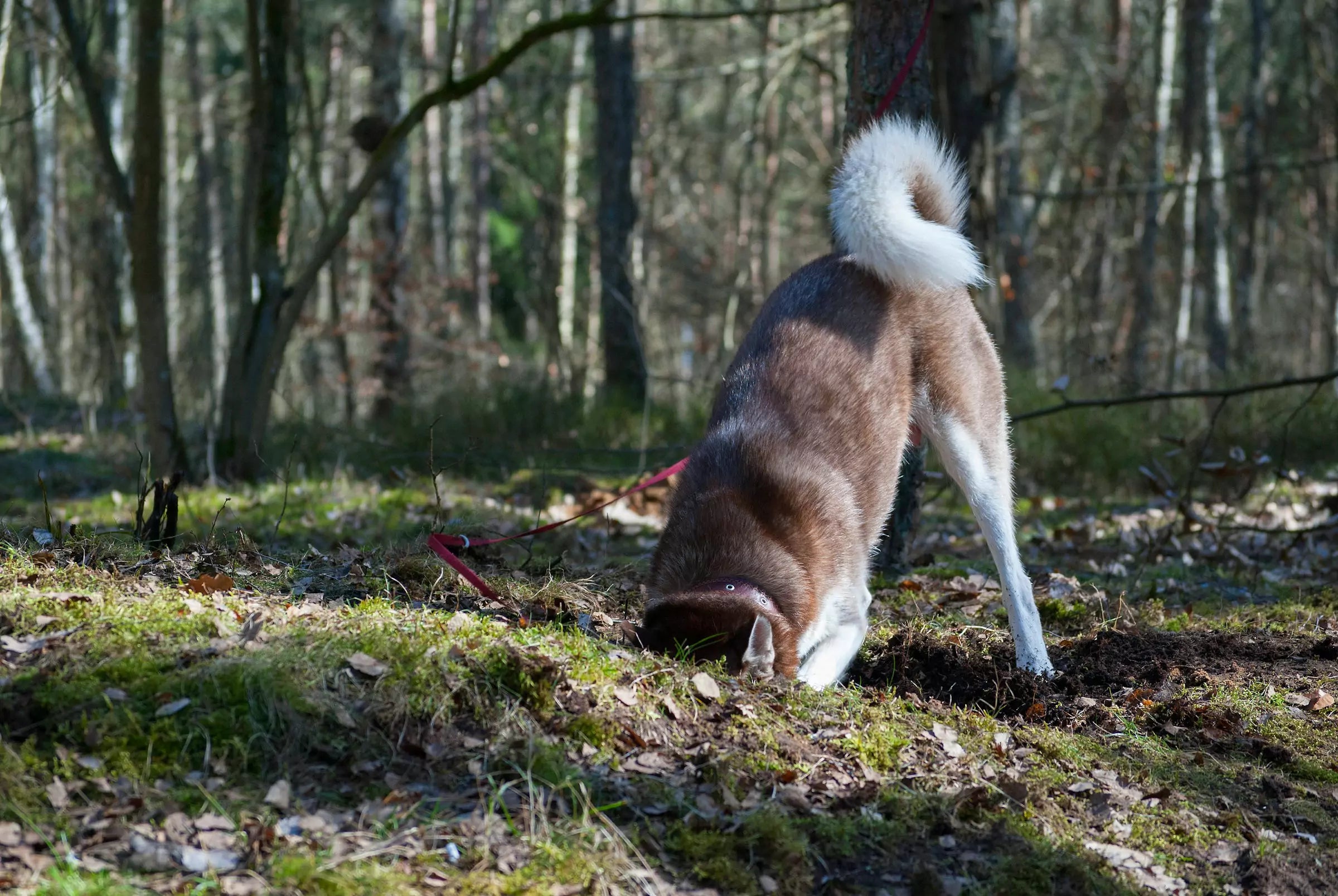
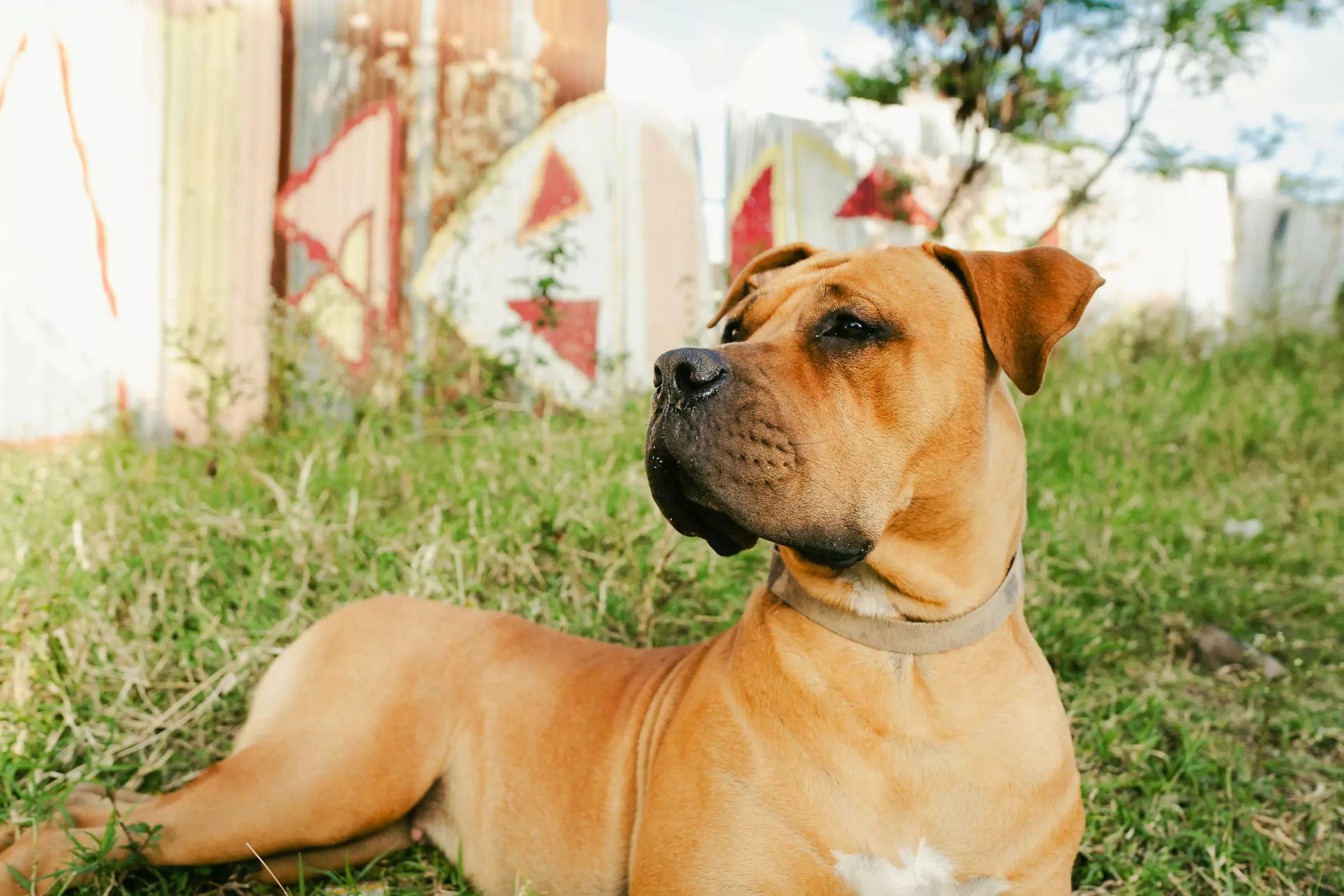
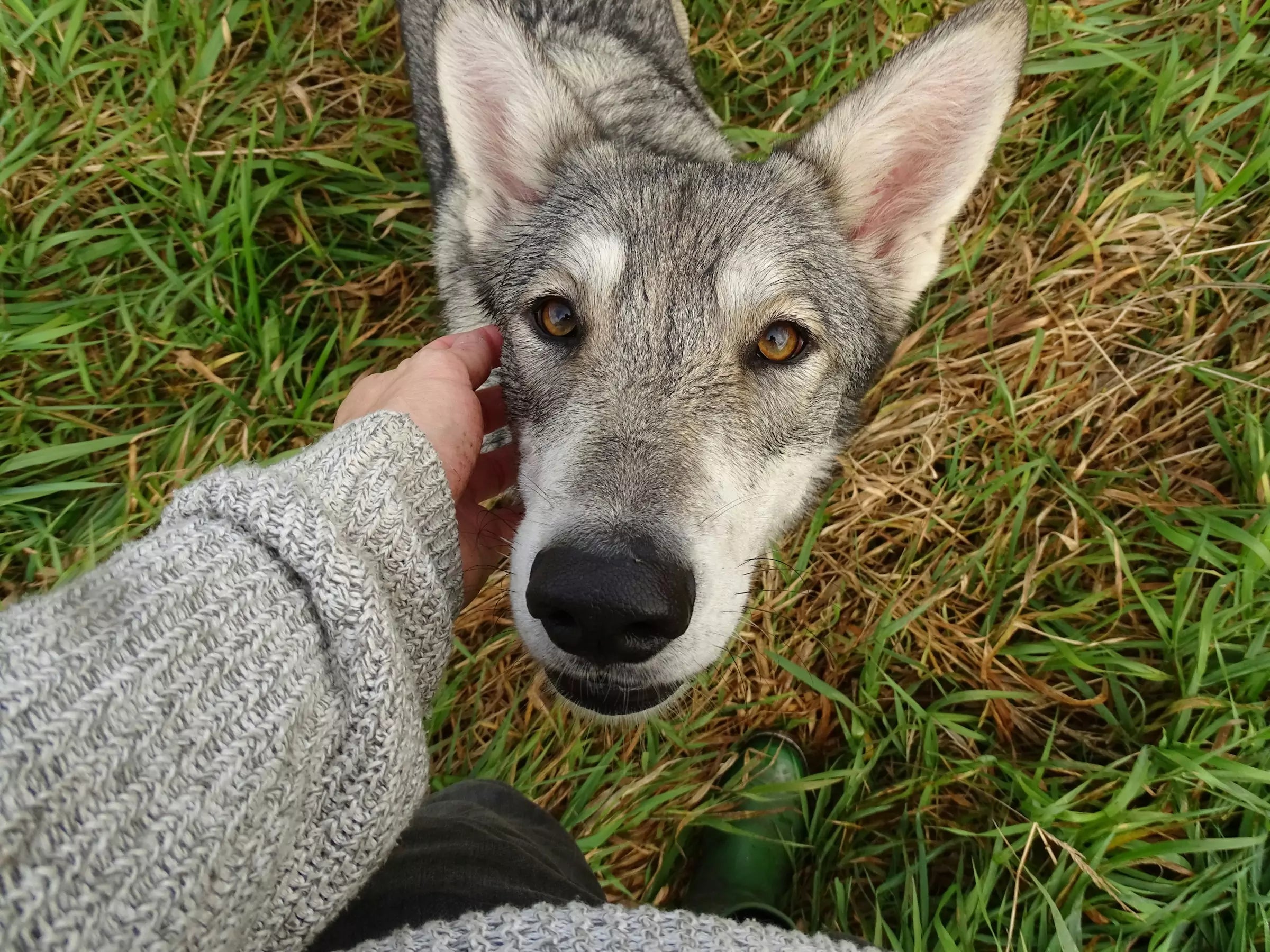
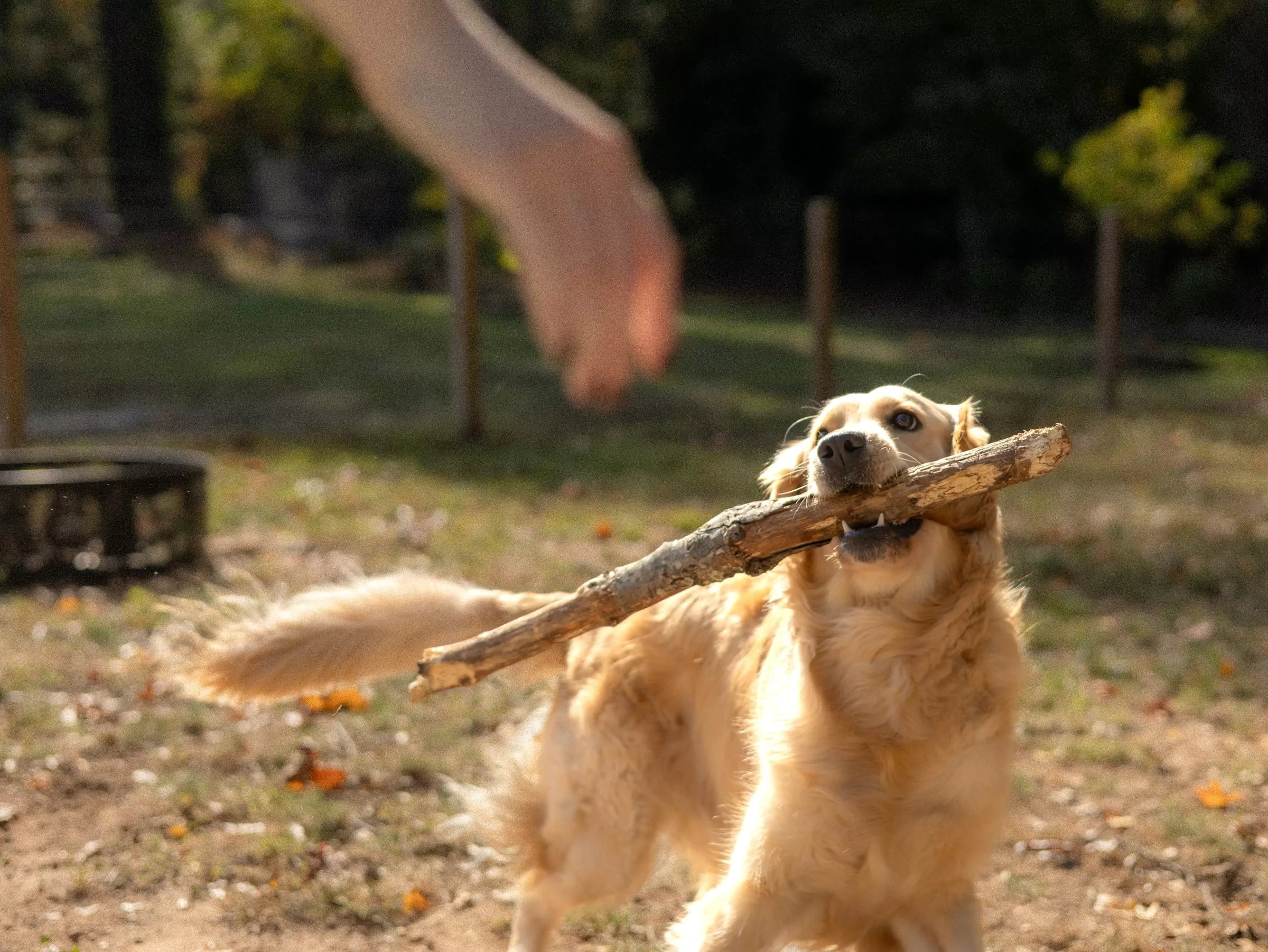
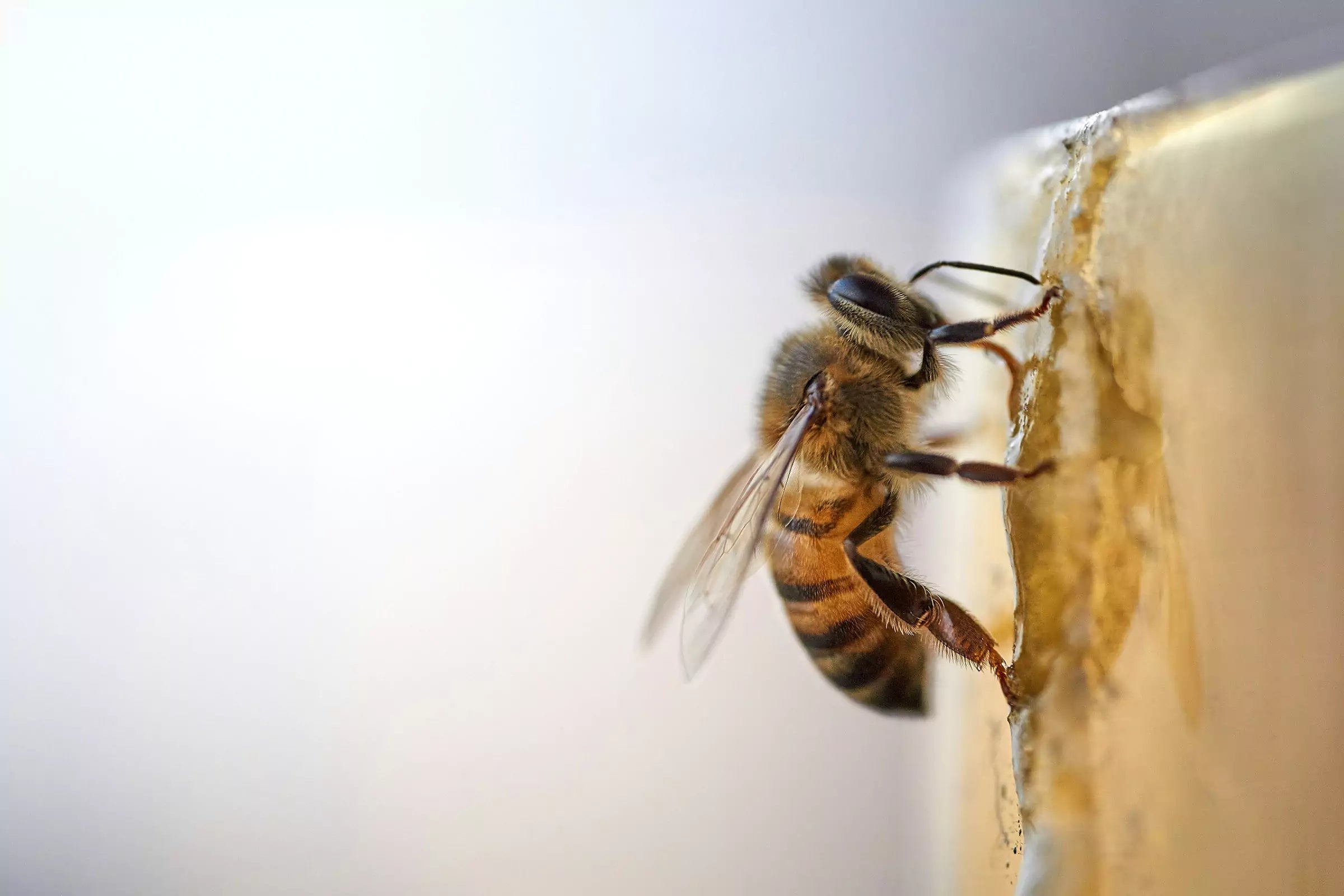







Share:
The Best Dog Breeds for Active Lifestyles
5 Ways to Build a Stronger Bond With Your Dog